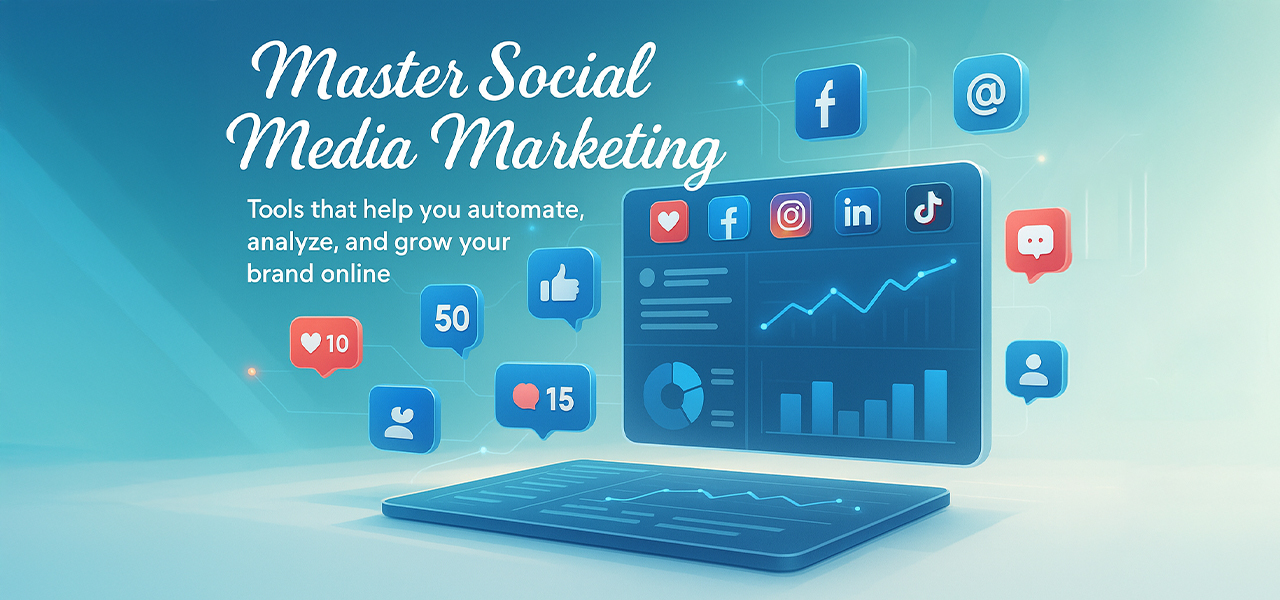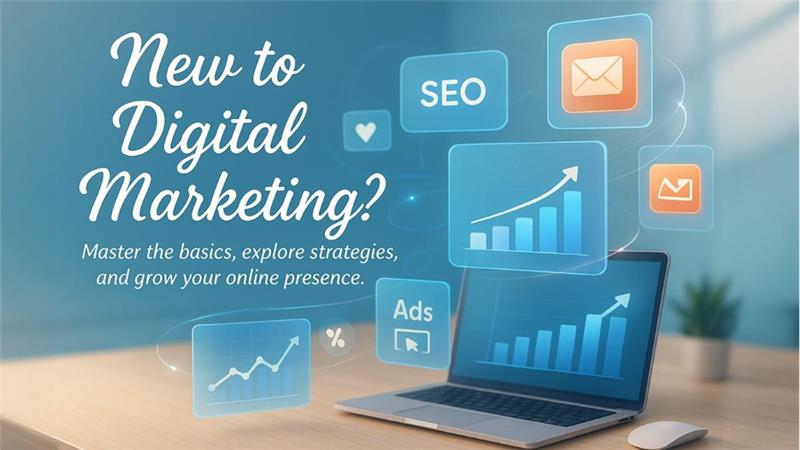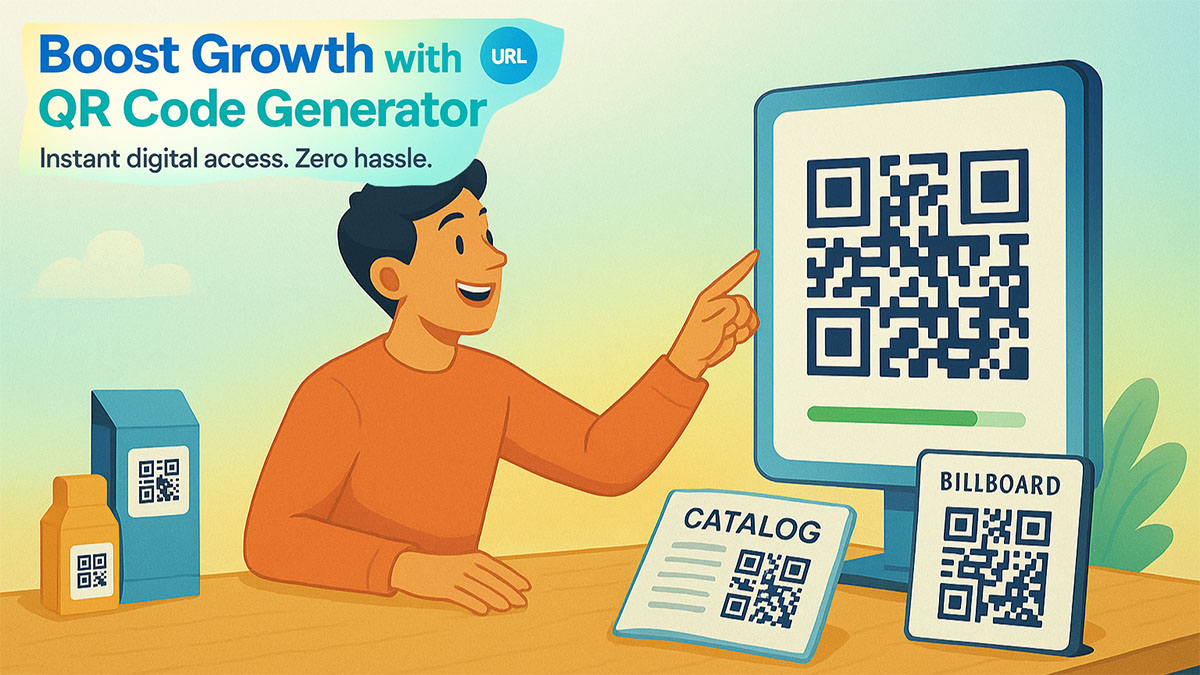It's an exciting time to start a digital marketing career. Audiences are keenly aware of their preferences and consumer rights. On the other hand, technologies like generative AI are overwhelming people's attention while also inching us closer to the kind of genuinely tailor-made advertising possibilities marketers and customers have been hoping for.
Want to thrive in such a landscape? Here are the five digital marketing tool categories you should master first, as they’ll define your professional journey no matter what else might change.
Social Media Marketing Tools

Building a thriving community and active presence on the social media platforms your audience uses will be among the most important of your core duties. Luckily, associated tools let you automate away much of the tedium and focus your skills on the brand’s long-term growth strategy.
Social media management hubs are a godsend for taking control of all your social channels. They provide a single UI from which you’ll manage your content calendar, respond to follower questions, and schedule posts for maximum impact.
The most advanced tools come with indispensable analytics and social listening functions. They can integrate with your CRM to offer insights into customer behavior and preferences, helping you come up with targeted and more effective posts. The social listening aspect is great, too. The tool will alert you whenever someone on social media mentions your brand or a competitor, giving you a chance to chime in and present the brand favorably.
Content Creation Tools
Content is the backbone of any digital marketing strategy. It’s key to projecting your brand identity as well as engaging audiences beyond just pitching your products.
Since content comes in so many forms, this category is understandably broader and more diverse than others. You’ll likely focus on tools that help make and iterate on visual creatives like banner ads or images that reinforce your brand and enrich your social media posts. You’ll also be using tools that help you write copy and make sure it’s free from grammar errors while resonating with your target audience.
Email Marketing Tools
Email might not rival social media in scope, but carefully building your mailing list ensures the people who’re on it actually want to read what you have to say. That’s exceptionally powerful, as evidenced by the stellar ROI email marketing continues to rack up.
Email marketing tools streamline all aspects of email campaign management. They’ll make sure recipients get your messages at the time of day and week when they’re most likely to read the contents and take action. These tools also make it easier to segment audiences and A/B test based on whichever parameter would maximize engagement and CTR. Finally, you can use email marketing tools to set up and automate abandoned cart messages and use other retargeting tactics to turn fence-sitters into customers.
SEO Tools
Search engine optimization is transforming. You still need to provide insightful, authoritative content and have an indexable website with strong backlinks. However, SEO also needs to account for search engines’ AI summaries and non-traditional searches like voice queries.
SEO tools are adapting to keep up and offering a mix of traditional and contemporary features. The former include keyword suggestions & analysis, technical SEO checks, and analytics. Now, they also suggest how to phrase content to increase the chance of it becoming part of an AI summary and increase authority by upholding EEAT practices.
Cybersecurity Tools
As a marketing professional, you’ll have access to and guardianship of vast amounts of sensitive data. For example, you might develop campaigns for products showcasing intellectual property your company isn’t ready to share yet. And, you’ll inevitably interact with sensitive customer data like their personally identifiable information and payment details. Being conscious of this and taking the necessary precautions early on will drastically reduce the risks of breaches and reputation damage caused through human error.
You’ll want to get intimately familiar with elementary cybersecurity tools like password managers and VPNs. Password managers generate long, unique passwords and may add two-factor authentication for all other tools that need an account to use.
VPNs are a must if you work remotely. They can encrypt and protect even unsafe connections, allowing you to safely conduct research and exchange files with colleagues without them being intercepted or monitored. Most tools you'll be using adopt a SaaS model and run from a browser, so a VPN for Chrome or any other browser is a lightweight solution that lets you use them safely or change your IP address to test ads in different regions without affecting other apps on the device.
Keep in mind that you can be conscientious and still have data leaked in a breach due to a third party's poor cybersecurity standards. Even the best identity theft protection tools won't prevent this, but they will help you quickly react to such incidents and offer assistance in clearing your name.








